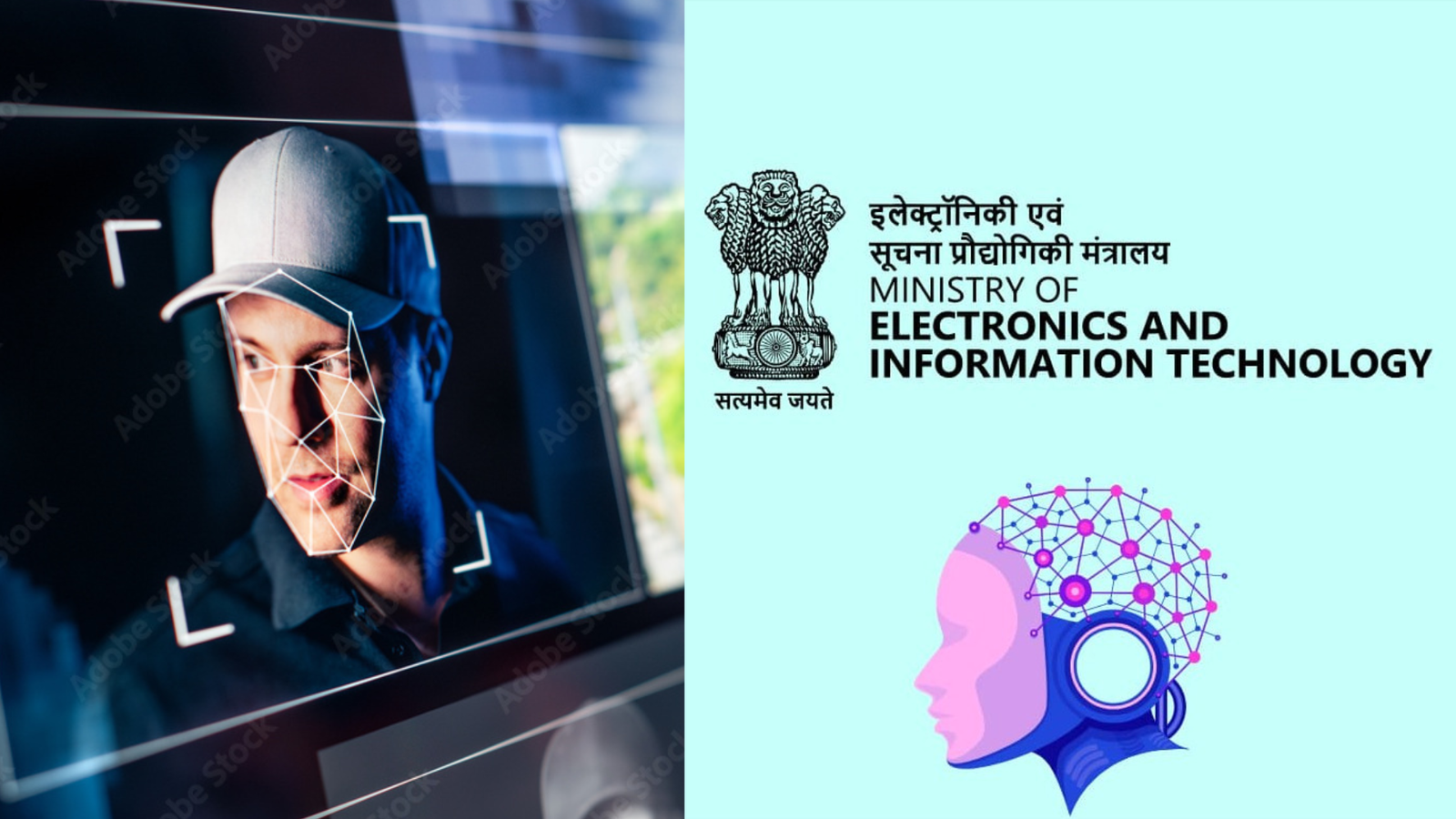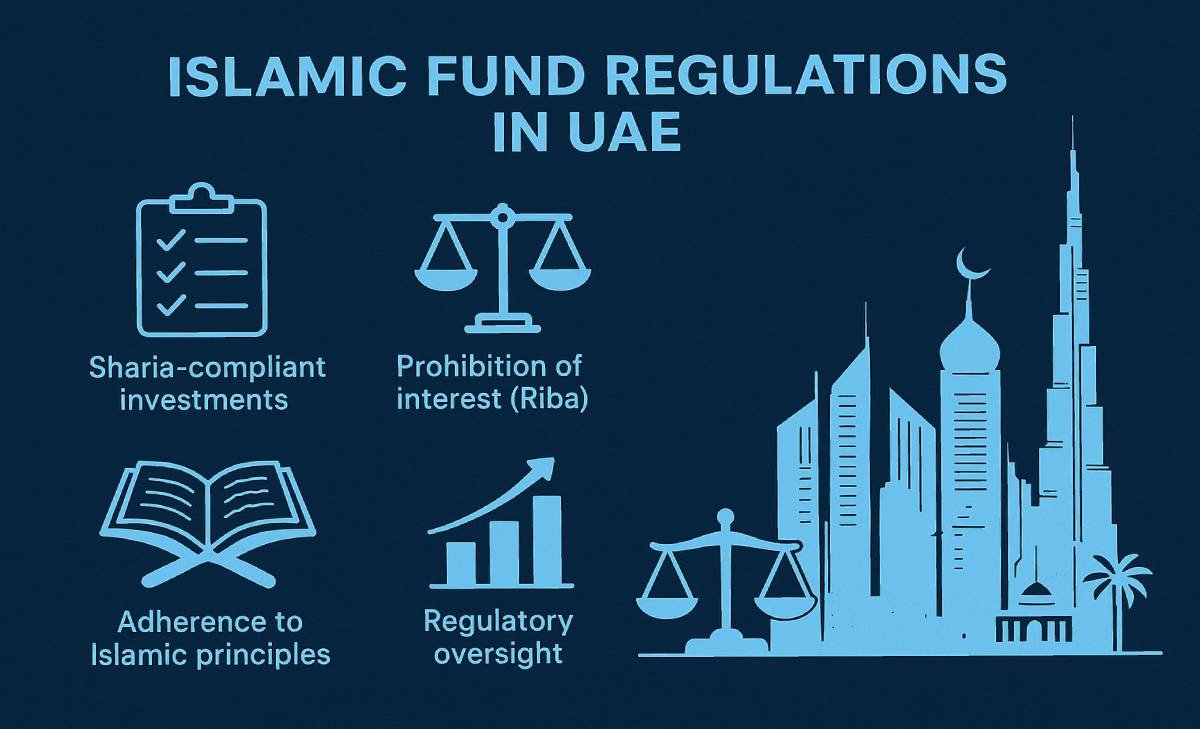As our readers know, AI companies have been battling a wave of copyright and antitrust litigation for over a year. Ronin Legal has previously covered the many lawsuits against OpenAI, including Raw Story Media & AlterNet Media Inc. v. OpenAI, as well as the myriad legal issues arising at the intersection of AI & Ownership, including the recent landmark decision in Reuters v Ross.
In late February 2025, Chegg, an education technology company, accused Google of monopolistic practices detrimental to its business.
Chegg’s lawsuit against Google is the latest of many, against companies like OpenAI and Microsoft, that question the legality of AI-driven content aggregation practices prevalent in the industry.
The lawsuit centers on Google’s AI Overviews feature, which provides users with direct answers to their queries without necessarily directing them to external websites.
Chegg claims this practice has significantly reduced its platform traffic, diminishing revenue and pushing it toward financial instability. The lawsuit coincided with dismal fourth-quarter results, with a reported net loss of $6.1 million on total revenue of $143.5 million – a decrease of 24% year-over-year. In early February, the company announced it was exploring strategic alternatives, including privatization or acquisition, with Goldman Sachs advising on the process.
Why Chegg Says Google Is Undermining Human Creators
Chegg has argued that Google unfairly leveraged its dominant position in the online search market to keep users within its ecosystem. By summarizing answers directly in AI Overviews, Google reduces the need for users to visit Chegg’s website, effectively appropriating its content and diverting traffic.
The lawsuit claims that Google is no longer acting as a neutral search engine but rather as an “answer engine” that prioritizes its own AI-generated responses over organic search results, which amounts to an abuse of its market dominance in violation of the Sherman Antitrust Act (the U.S. antitrust law).
In general, critics argue that Google’s AI Overviews contribute to what is known as the “Dead Internet Theory” – the idea that much of today’s online content is generated by AI rather than real human creators.
Accordingly, Chegg’s lawsuit raises the concern that as Google increasingly prioritizes AI-generated responses over links to independently-run websites and external sources, it risks creating a digital ecosystem where fewer original sources are visited, leading to a decline in diverse, human-generated content.
Tech companies like Google have already claimed that their use of others’ content in AI systems falls under fair use, claiming they transform the material significantly. They also assert that AI-powered summaries do not reduce traffic to third-party sites but instead help users find relevant information more efficiently. However, for websites like Chegg, which provide direct answers to math problems, AI-generated responses could enable users to copy and paste solutions from the AI Overview without visiting the original source.
Not Google’s First Antitrust Rodeo
Chegg’s lawsuit comes not too long after Google suffered a major legal defeat in August last year, when Judge Amit Mehta ruled that Google had violated U.S. antitrust laws by illegally maintaining its monopoly in the online search market. The U.S. Department of Justice (DOJ) sued Google for using exclusive agreements with companies like Apple and Samsung to dominate search distribution and suppress competition, and the court ruled that these tactics harmed rival search engines and consumers by limiting innovation and choice.
This verdict has fueled ongoing scrutiny of Google’s market power, setting the stage for further legal challenges, including Chegg’s current lawsuit which even cites this DOJ case.
Many issues similar to the ones in the DOJ case have been re-raised for the court’s consideration here, including whether Google is prioritizing its AI-generated answers over organic search results in a way that unfairly disadvantages competitors.
If the court agrees with the legal position that AI Overviews give Google an unfair advantage, it would lead to further regulatory scrutiny over how AI-driven search features impact market competition.
It is important to point out that antitrust cases in the U.S. require proof that monopolistic behavior harms not just competitors, but consumers as well. Hence, while Chegg’s lawsuit emphasizes the financial damage to its business, the court will also investigate whether AI Overviews reduce the quality of search results by limiting users’ access to diverse information sources.
Copyright & Antitrust Overlaps
Though Chegg’s lawsuit focuses mainly on antitrust issues, it does overlap with contemporary concerns about AI models using proprietary content without permission. Chegg claims that Google drew on Chegg’s collection of 135 million questions and answers on a variety of subjects in its model training data sets to generate AI Overview search results – an issue that intertwines both competition and copyright concerns.
Google has been accused of using third-party data – including website content – to train its AI models before, often without compensating the original creators. This has also been a central issue in lawsuits such as The New York Times vs. OpenAI and Authors Guild v. OpenAI.
Most recently in mid-February, a significant ruling addressed key issues at the intersection of AI and copyright law in Thomson Reuters Enterprise Centre GmbH v. Ross Intelligence Inc., where the court ruled in favour of Reuters, granting partial summary judgment on direct copyright infringement, fair use, and other defenses while denying Ross’s summary judgment motions.
Consequently, even if the case is framed as an antitrust violation rather than a copyright dispute, the court may also be required to delve into whether Google’s AI-generated summaries indirectly infringe on Chegg’s content.
Looking Ahead
This case has the potential to set a precedent in how courts evaluate AI tools used by large tech firms. It may lead to a reinterpretation of antitrust laws in the context of digital content aggregation and how these AI features compete with traditional content providers, such as Chegg.
A ruling in favour of Chegg could push regulators to establish new guidelines for AI-generated content in search engines, possibly requiring companies like Google to be more transparent about how AI-generated answers are sourced and displayed.
This case, alongside broader AI-related lawsuits, reflects a fundamental debate about the future of the internet – who controls information, how AI-generated content is regulated, and whether innovation should come at the cost of competition. Regardless of the outcome, one thing is clear; the battle over AI’s role in search and content distribution is just beginning.
Authors: Shantanu Mukherjee, Varun Alase











































